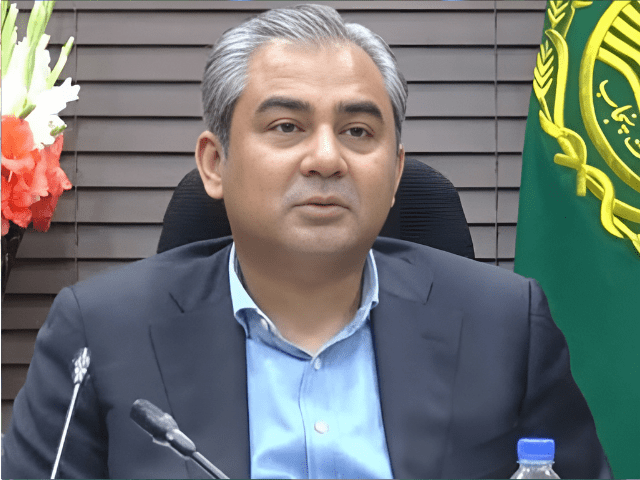The ban stems from accusations that the PTM has engaged in verbal attacks on state institutions and the police while promoting ethnic division, actions Mohsin Naqvi described as dangerous for national unity

By our correspondent
ISLAMABAD: Pakistan’s Interior Minister Mohsin Naqvi has made a firm declaration, stating that the government will not permit the Pashtun Tahafuz Movement (PTM) to establish a parallel court system under the guise of a jirga, a traditional tribal council. Speaking at a press conference in Islamabad on Wednesday, Naqvi expressed the government’s reservations about the PTM’s proposed jirga format, which he argued deviates from historical norms.
“A jirga involves the participation of tribal elders. Bringing in thousands of people does not constitute a jirga; it’s something else entirely,” Naqvi said, emphasizing that the PTM’s attempts to conflate their gatherings with both a jirga and a legal authority are unacceptable. “We will not permit any parallel court under any circumstances,” he asserted, underscoring the government’s refusal to tolerate alternative judicial systems that challenge the state. Naqvi’s remarks come as the PTM, a movement advocating for the rights of Pakistan’s Pashtun minority, faces increased scrutiny and a formal ban by the government.
The ban stems from accusations that the PTM has engaged in verbal attacks on state institutions and the police while promoting ethnic division, actions Naqvi described as dangerous for national unity. The minister reiterated that the government has no objection to traditional jirgas, which are a longstanding part of tribal Pashtun culture. However, he stressed that the PTM’s version strays from this tradition and veers into the territory of illegality. While urging the PTM to continue advocating for their community’s rights, Naqvi condemned the movement’s use of inflammatory language, warning against incitement.
“It is not acceptable to incite the public against the government,” Naqvi said, alluding to the group’s confrontational tone towards the state. He also pointed out that some major political figures had met with PTM leaders to discuss rights issues, signaling a potential for dialogue. However, he lamented the lack of further engagement from those political leaders following their initial discussions.
Naqvi’s comments reflect the growing tension between the PTM and the state, as the movement continues to challenge the government’s approach to security and human rights in Pakistan’s tribal regions. His firm stance on the issue suggests that the government will not back down in its efforts to curb what it sees as an escalating threat to national cohesion.



